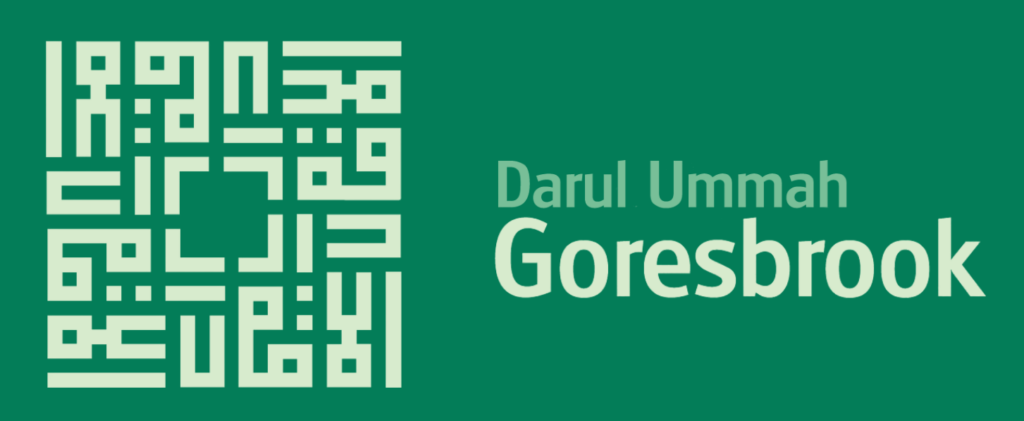FAQ
Frequently Asked Questions
1. Who funded the mosque project and how long did it take to build?
We acquired this Masjid in March 2019 for around £600,000 including refurbishment, with Qarde Hasana (loan). Alhamdulillah, following on from gaining planning permission and easing of the covid rules we have gradually started and increased activities at the centre.
2. Were the contractors local?
Where possible we have made use of local contractors and businesses. Our Main Contractor was Gilbert-Ash Limited of Belfast; the engineered timber components were manufactured from sustainably-harvested spruce by Blumer-Lehmann AG of Gossau (Switzerland).
3. Who is the mosque run by?
The day-to-day management of the mosque is carried out by male and female staff and volunteers under the guidance of the mosque director (post currently vacant). The mosque’s principal imam is Dr Sejad Mekić, a British citizen of Bosnian origin who holds a PhD from SOAS, University of London. He is assisted by imam Ali Tos, who was born in Konya, Turkey, and holds an MA in Religious Studies from Howard University (USA). The Cambridge Mosque Trust, a registered charity, is chaired by Professor Tim Winter, a well-known scholar and British Muslim convert. The Patron of the project is Yusuf Islam, also known as the popular singer Cat Stevens. The Cambridge Mosque Trust board also includes a minority of trustees nominated by the Turkish Directorate of Religious Affairs, but is independent in its policies. Policies are also shaped by the annual meeting of our Life Members, around eighty percent of whom are Cambridge residents.
4. Is an eco-mosque a new idea?
Eco-mosques are increasingly common in Morocco and Indonesia, but the Cambridge Central Mosque is Europe’s first eco-mosque and has a zero carbon footprint. Every detail of the mosque is designed to minimize environmental impact. Its green features include air-source heat pumps, rainwater harvesting, grey water recycling, sedum roofs, photo-voltaic arrays and passive ventilation. The mosque, with its forest-like interior, pays homage to Islam’s emphasis on the sanctity of the natural world and the commandment to avoid waste and extravagance.
5. Is this a Shia or Sunni mosque?
The mosque is non-denominational and welcomes Muslims of all backgrounds, Sunni, Shi’i, or other. For instance, the 16 pillars found in the main-prayer hall symbolize the 12 imams of Shia tradition and the 4 schools of thought of the Sunni practice. Sermons and lectures are inclusive and given in classical Arabic and English only. The mosque does not belong to any orientation or movement.
6. Where are the minarets?
Islam does not have a specific directive about the need for a minaret to broadcast the call to prayer. Hence the call to prayer (adhan) in Cambridge is given only inside the building; there are no external loudspeakers.

